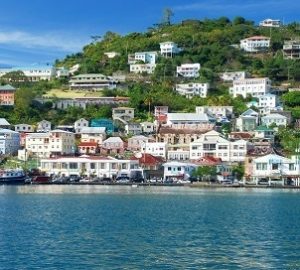Portugal’s Golden Visa programme offers various investment avenues. Until September 2023, the predominant method to secure a Golden Visa was through real estate investment, requiring either €280,000 or €350,000, in addition to fees. Following the closure of the real estate route, investors are increasingly turning to the fund investment option at €500,000, plus fees.
What many may not be aware of is a more affordable alternative, available at half the initial outlay, starting from €250,000, known as Cultural Heritage Investment.
Despite being in existence since 2015, Portugal’s Cultural Heritage Investment option was often overshadowed by the real estate route, which incurred only a marginal additional expense of €30,000. With the real estate option no longer viable for securing a Portuguese Golden Visa, investors are now exploring alternative avenues.
What is A Cultural Heritage Investment:
According to Portugal’s official golden visa legislation, this investment avenue is defined as:
”Transfer of capital in an amount equal to or greater than 250 thousand euros, which is applied in investment or support for artistic production, recovery or maintenance of national cultural heritage, through central and peripheral direct administration services, public institutes, entities that comprise the public business sector, public foundations, private foundations with public utility status, intermunicipal entities, entities that are part of the local business sector, municipal associative entities and public cultural associations, which carry out tasks in the area of artistic production, recovery or maintenance of cultural heritage national;”
There are two primary subcategories within this area:
- Investment of €250,000 in Artistic Production: This could involve supporting the production of a Portuguese feature film or a similar artistic endeavour.
- Contribution of €250,000 to National Heritage: This may entail funding a national restoration project, a museum, or a comparable initiative.
Information on these options has been somewhat limited due to slow adoption in the past. However, it is anticipated that Cultural Heritage investment will gain popularity in 2024, particularly due to its affordability following the discontinuation of the real estate route. It’s important to mention that projects meeting the criteria and situated in low-density areas will be eligible for a 20% reduction, thereby lowering the investment requirement to a mere €200,000. Nevertheless, finding viable options in this category may prove to be quite challenging.
Approvals for Cultural Heritage investment options need to go through GEPAC (Bureau for Cultural Strategy, Planning, and Assessment of the Ministry of Culture). La Vida can assist clients considering this option and already has a range of approved projects that meet the necessary criteria. For more details, please contact our team.





